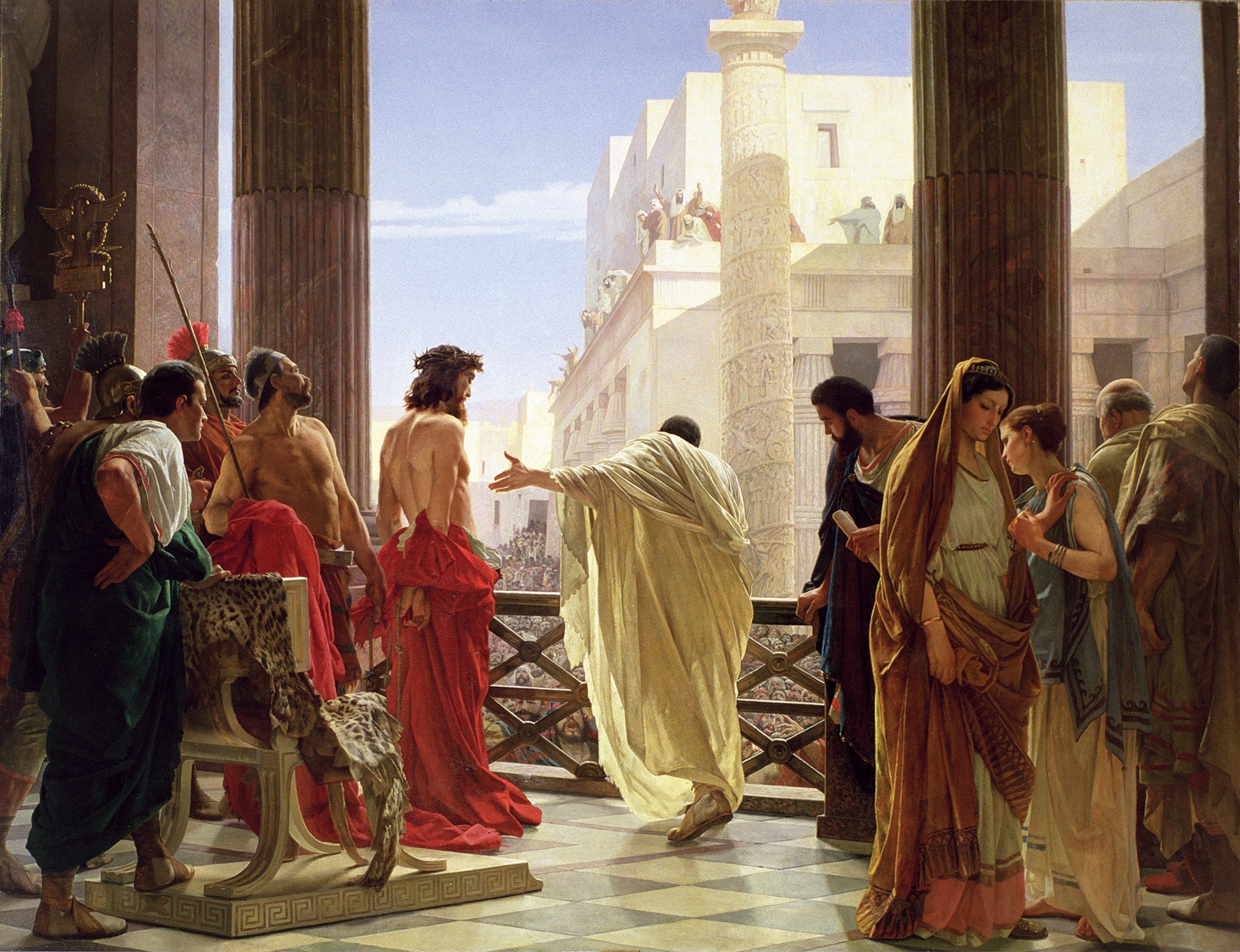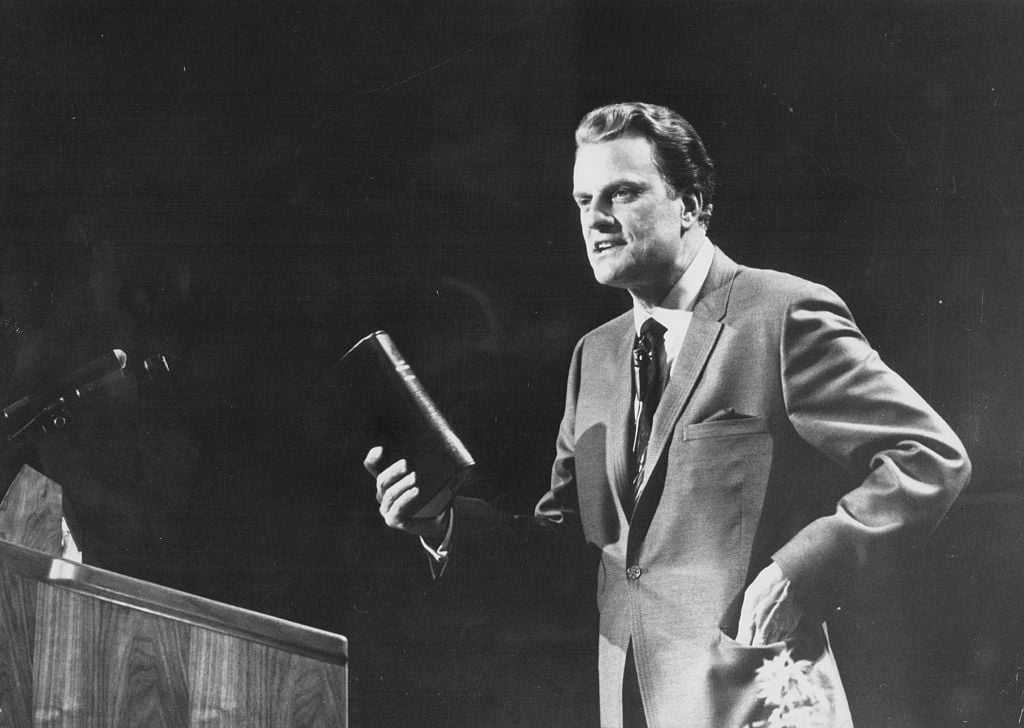
I enjoyed many a Maccabee at “the Leonardo,” though it wasn’t on my Google Map radar…
* * * *
Can you say, “Ooooops!“
February 8, 2023 – I first wanted to post this over three years ago; just after Christmas, 2019. I wanted it as part of a “big and pleasant” year-end review of my earlier-in-2019 trip to Israel. (More precisely, a review of my pre-trip Google research on “where are the bars in Jerusalem?”) A year after the trip – in May 2020 – I got back to the project, but this time with a side look at the then-new COVID pandemic. Then the project again got side-tracked, for reasons I can’t remember. Then this last February 2, 2023, I started working on an eBook about the Jerusalem trip. I typed in “Jerusalem” in the search box above right, and that’s when I found this still-in-the-draft almost-post. So what follows is mostly what I wrote back in December 2019, but with some editing and updating.
* * * *
December 27, 2019 – This past May of 2019 I flew over to Israel with a group of 20 or so people from my local church. We were all taking part in a two-week course given by St. George’s College, Jerusalem, called the Palestine of Jesus. Just after I got back from Israel – on May 29, 2019 – I posted Back from Three weeks in Israel. It focused mostly on the last day of the trip, which was a “cluster” (half a word). That “cluster” involved the long Wednesday I flew back home; 11 hours on the plane, combined with six “fast forward” time zone changes. (Also after getting lost in Tel Aviv trying to get to Ben Gurion airport from my lodging.)
This post will review the pre-trip research I did before I left for Israel. And it will talk about how our expectations don’t always match up with reality. That’s another way of saying – as John Steinbeck said – “You don’t take a trip. A trip takes you.” But first some background.
Back home I like to end the day with two ice cold beers. That’s my reward for working on my writing, blogging and painting, along with other projects around the house, up until 10:15 p.m. or so. And I wanted to continue that “end-of-the-day reward” sense in Jerusalem, with a nice cold draft beer if possible. But if not, with some other form of “O-be-joyful.” (A code-word for ardent spirits.) Which in a way brings up the the photo atop the page.
Before leaving home I did some Google-mapping to find the closest bars to St. George’s College – and Pilgrim Guest House. (At the apex of Nablus Road and Sala-Ad-Din Street.) That research seemed to show the nearest bars to St. George’s were a mile or more away. But then – once I got to Jerusalem – I found a pleasant lounge at the Leonardo Moria Classic Hotel. Shown above, Google Maps says it’s a mere two-minute walk from St. George’s Guest House. (And I timed it myself.) Officially, the Leonardo is located at “9 St. George Street.” But as it also turned out, the College itself had a “Garden Bistro,” which served beer and wine.
 That Garden Bistro included a “mini-bar” – a small bar within the complex itself – that served cocktails for those pilgrim’s at St. George’s who wanted a little something stronger to go along with their evening meal. The photo at left shows the courtyard where we usually had our evening meals.
That Garden Bistro included a “mini-bar” – a small bar within the complex itself – that served cocktails for those pilgrim’s at St. George’s who wanted a little something stronger to go along with their evening meal. The photo at left shows the courtyard where we usually had our evening meals.
I also noted it was “nice to know where to get a bit of wine nearby; i.e., wine which ‘gladdens the human heart.’ (Psalm 104:15.)” But like I said, that place closed fairly early, so if you wanted a night-cap later on in the evening, “the Leonardo” was the place to go.
The Leonardo not only stayed open later, it also featured Maccabee beer instead of Taybeh. Maccabee is the featured Israeli beer, while Taybeh is brewed by a Palestinian company. They’re both good, but Leonardo’s Maccabee “on tap” seemed colder. And some nights the Leonardo had a piano bar as well. One evening a yarmulke-topped pianist played the Chicken Dance. But I seemed to be the only one there who’d ever heard it before. (“Can you say, ‘incongruous?'”)
But all that came later on. On my first full day in Jerusalem – a Sunday – I first had to recuperate from the jet-lag, no-sleep red-eye flight that left Atlanta around 10:00 p.m. local time on Friday night. That Sunday morning – after arriving late Saturday night (local) – I took a long walk along Jaffa Street and found the BeerBazaar. (One of those “clustered” bars.)
That is, the BeerBazaar was one of those bars I’d seen in my pre-trip research.
But I had a hard time finding many of the other bars I was looking for. Which brings up another part of my pre-trip research. As part of that research, I mass e-mailed the 20 or so people in my local church group, to share my findings. The email began: “For those of you interested in such things – like maybe having an after-dinner aperitif after a long hard day hiking through the wilds of Judea – I did a little research via internet and Google Maps.” I did note the “Garden Bistro” at St. George’s, “right on the Nablus Road complex itself.” Which turned out to be true.
But as noted, the “Bistro” closed down fairly early, so in the “before I left email” I added, “for those interested in such things, it looks like the closest bars (etc.) are clustered about a mile or so southwest of the College.” Which also turned out to be true. There was a cluster of bars about a mile southwest of St. George’s, including the BeerBazaar.
* * * *
I have some more notes on some other places I found in my research. I’ve included them at the very bottom of this post, after a bunch of other notes. If you like, you can read them as if they came from Tom Wolfe‘s whiz-bang style of writing in The Kandy-Kolored Tangerine-Flake Streamline Baby. Or maybe from Hunter S. Thompson‘s note-heavy Gonzo journalism.
I’ve mostly included them “for further review at a later time.” However, there are references to things like a liquor store I found on Davidka Square, or a “Hataklit” bar with karaoke, which I never found, or a “Video Pub Gay Bar,” which I didn’t really look for. Or the Dublin Irish Pub…
So I’ve included them for later review, but there are references to things like a liquor store I found on Davidka Square, or a “Hataklit” bar with karaoke, which I never found, or a “Video Pub Gay Bar,” which I didn’t really look for. But lest we forget our feast days, last Thursday, February 2, 2023 was the Feast of the Presentation of Jesus at the Temple. The idea of such a “presentation” – of Jesus, as a baby 40 days after Christmas – followed a thousand-year-old custom that began with Exodus 13:2, where God said, “Consecrate to me every firstborn male:”
Counting forward from December 25 as Day One [for Jesus], we find that Day Forty is February 2. A Jewish woman is in semi-seclusion for 40 days after giving birth to a son, and accordingly it is on February 2 that we celebrate the coming of Mary and Joseph with the infant Jesus to the Temple at Jerusalem.
And working backwards, I’ve written about this commemoration in The Presentation of Jesus – 2/2/22, The “Presentation of our Lord” – 2020, and in 2017, On the FIRST “Presentation of the Lord.” Check the links for more information, but the gist of the 2017 post is that Jesus was “presented” twice. We celebrate the first presentation every February 2d. The next one we celebrate on Good Friday each year, remembering how Jesus was about to be crucified…
* * * *

What could be called the “Second Presentation” – Good Friday, Jesus about to be crucified…
* * * *
The upper image is courtesy of Leonardo Moria Jerusalem – Image Results. As for the distance from there to St. George’s, Google Maps actually says it’s a four minute walk, but it has you walking down St. George Street and over to “Sderot Hayim Barlev,” also known as Highway 60 (Israel–Palestine), then up to the other side of the hotel. The lounge entrance is on the side closest to St. George Street.
The Book of Common Prayer. The “corporate-mystical” prayer is on page 339, the post-communion prayer for Holy Eucharist, Rite I.
The full beer links are Maccabee Beer – Tempo Israel’s leading company for beer, and Taybeh Brewing Company – The finest in the Middle East.
“O Be Joyful.” See O-be-joyful – 17 of the Finest Words for Drinking:
O-be-joyful began reaffirming the positive properties of intoxicants about two hundred years ago, and although the word is not in considerable use today, a book from 1977 asserted that an abbreviated form of the phrase was still in common use in some areas, and that “some New Englanders even today write ‘OBJ’ on their shopping lists.”
Back in the old days of our country, whiskey – for example – was used instead of hard currency:
One of the first media of exchange in the United States was classic whiskey. For men and women of the day, the alcohol did more than put “song in their hearts and laughter on their lips.” Whiskey was currency. Most forms of money were extremely scarce in our country after the Revolutionary War, making monetary innovation the key to success.
See Why Whiskey Was Money, and Bitcoins Might Be. So it was in that spirit – primarily – that I looked for some “O be joyful.”
The lower image is courtesy of Pontius Pilate – Wikipedia. Wikipedia caption: “Ecce Homo (‘Behold the Man’), Antonio Ciseri‘s depiction of Pilate presenting a scourged Jesus to the people of Jerusalem.”
* * * *
For those interested in visiting some of those Jerusalem bars – a mile or so southwest of St. George’s – here are some observations. (Even if those visits are only metaphoric.) They were gleaned from notes I took, via Googling, before I left for Jerusalem. For example, I saw on Google Maps that a number of bars seemed to be clustered “down by ‘Cat’s Square’ and/or ‘New York Square.’ The closest is Hataklit Bar. According to the Google Map review it has ‘Great cocktails’ and it has karaoke.” I wondered if they had David Allen Coe’s “You never even called me by my name,” but never got a chance to find the place. I must have walked by the street, “with the Hawaiian-sounding name,” a dozen times, but its entrance remained hidden. (Officially, its address is 7 Heleni ha-Malka, Jerusalem.)
From this point I’ve included some other notes, mostly in non-italic type, some of which I will use in the new eBook about my 2019 pilgrimage to Israel…
Not too far SW of that is Mike’s Place, “Kosher restaurant,” and great cocktails. It has an easier address to remember, Jaffa Street 33. Yet another place is Dublin Irish Pub, 1.2 miles SW of St. George’s… I saw that – according to Google Maps – there was even a “Video Pub Gay Bar,” near the Hataklit karaoke place. (“What goes on in Jerusalem, stays in Jerusalem?”) But seriously, for those interested in a bit of take-out libation, there are three Avi Ben Wine Stores in Jerusalem:
Avi Ben offers a wide selection of kosher and boutique Israeli wine as well as imported wines from the Bordeaux region in France, Italy and Spain. Avi Ben also supplies a wide choice of spirits from around the world.
 The closest one is Yosef Rivlin Street 22. That too is about a mile SW of St. George’s, not too far from Cat’s Square, shown at left. (Apparently it used to be populated with cats, but no more. See “#BringTheCatsBackToCatsSquare.” One guy wrote, “There used to be a little market on the square, young folks gathering and playing music. But thanks to our ultra orthodox brethren the city’s dying. This place died too. Still, it’s close to the city center, restaurants, the Old City…. Ellipses in original.)
The closest one is Yosef Rivlin Street 22. That too is about a mile SW of St. George’s, not too far from Cat’s Square, shown at left. (Apparently it used to be populated with cats, but no more. See “#BringTheCatsBackToCatsSquare.” One guy wrote, “There used to be a little market on the square, young folks gathering and playing music. But thanks to our ultra orthodox brethren the city’s dying. This place died too. Still, it’s close to the city center, restaurants, the Old City…. Ellipses in original.)
So anyway, Avi Ben stores have a “range of gifts including wine glasses, accessories and gift baskets, as well as an assortment of chocolates, olive oils, coffee, cheeses, and more.”
It’s also near the Hebrew Music Museum and the Friends of Zion Museum. Another BTW: All these places could be closed on May 2, for Holocaust Remembrance Day.
And in the process of doing all this research – no extra charge – I saw that if you wanted to walk that mile or so to the Hataklit kosher restaurant or the Dublin Irish Pub, you’d have to pass through the “Green Line.” That’s Highway 60, also called the City Line and the ‘1949 Armistice Agreement Line.’” I emailed Genia at St. George’s, asking if that would present a problem. “Is it possible to walk through [the Green Line], over or around what appears to be a pretty busy highway? She wrote back, “there is no problem walking around the College. Whatever streets you are passing by, there should be no problem. They are not really very close to us.”
[And there was no problem. My first day – a Sunday – I crossed the Green Line and ended up at the BeerBazaar, a boutique bar in the center of Jerusalem.]
And here are some other notes about the trip, unedited, for future eBook reference:
left atl about 10:30 p,m, friday, very little sleep, got to Istanbul, then Tel Aviv. “Breezed” through customs with the help of the shuttle driver, though he had a hell of a time finding Herod’s [Guest House] on Isfahani Street. [A side note. While we arrived on Saturday night, our lodging at St. George’s didn’t start until the following Monday. So for Saturday and Sunday night we had to arrange our own lodging.]
Sunday I wandered around, Mostly on Jaffa street. Found BeerBazaar and liquor store on Davidka Square. Met Greta, but no further contact
Got a nice room early on Monday, 5/13, opening reception, etc. Dinner at Jerusalem Hotel, ate too much, kabobs, beef, chicken, lamb, miserable overstuffed night
Tuesday. Mount of Olives, lecture room, dozed off a couple times. Lousy sleep patterns. Pools of Bethesda, etc.
Wednesday [May] 15th
city of david, coming down with a cold, excused myself from Holocaust museum, got the “‘Quils,” day and night, slept good for a change.
Thursday
Four beers during the day, Taybeh, early night, early morning
[Then there was this;] “Shalom, y’all!”
Referring to the “Hebrew word meaning peace, harmony, wholeness, completeness, prosperity, welfare and tranquility and can be used idiomatically to mean both hello and goodbye.
And here are some other notes, from various Facebook posts…
It’s a shade after 11:00 p.m. here in Jerusalem. (A shade after 4:00 in the afternoon back in the ATL.) I just got back from up on the rooftop of St.George’s Pilgrim House, where my wash-and-wear clothes were drying in the breeze. During the day it’s “hot as Gehenna” (Google it) here in the Holy Land, but at night it’s quite pleasant. Cool and breezy, “Up on the roof…” (Google it.)
Up there on the [terrace] and down in my room I’m in the process of sipping a brandy and water. (“Sommelier,” for those interested in such things.) And reflecting on the events of the day.
This morning we visited the Church of the Visitation, in Ein Kerem. After lunch at the “Tent Restaurant, Beit Sahour,” we visited the Church of the Nativity and St. Jerome’s chapel and tomb, both in Bethlehem. The church was both packed and crowded, and after standing around – and learning some fairly interesting talking points – I did a Good-Samaritan thing and gently persuaded a fellow pilgrim – who was in danger of getting stressed out – to forego a hump-through-a-tunnel extension of the tour, AND go to the garden restaurant next door and have (another) Taybeh (Palestinian) beer.
In situations like this you have to pick your battles. It seems to me that finding a spiritual breakthrough usually comes in relative solitude, not when your surrounded by hot, sweaty and pushy “fellow travelers.” (Google it.)
Speaking of which, the theme of the Visitation to Mary centered “on Mary responding to the prompting of the Holy Spirit to set out on a mission of charity.” But there I didn’t see a whole lot of charity in the visit we made at the end of the day…
As my brandy-and-water is winding down and it’s getting time for bed – we’ve got an early start in the morning – I’m tempted to say the road to both freedom and spiritual enlightenment is littered with dumbasses along the way. But hey, that wouldn’t be Christian…
Of course I knew that before I came over here. But before you start thinking I’m getting grumpy in my old age, it actually has been a pretty fun trip. I wouldn’t have missed it…
* * * *




 That Garden Bistro included a “mini-bar” – a small bar within the complex itself – that served cocktails for those pilgrim’s at St. George’s who wanted a little something stronger to go along with their evening meal. The photo at left shows the courtyard where we usually had our evening meals.
That Garden Bistro included a “mini-bar” – a small bar within the complex itself – that served cocktails for those pilgrim’s at St. George’s who wanted a little something stronger to go along with their evening meal. The photo at left shows the courtyard where we usually had our evening meals.













